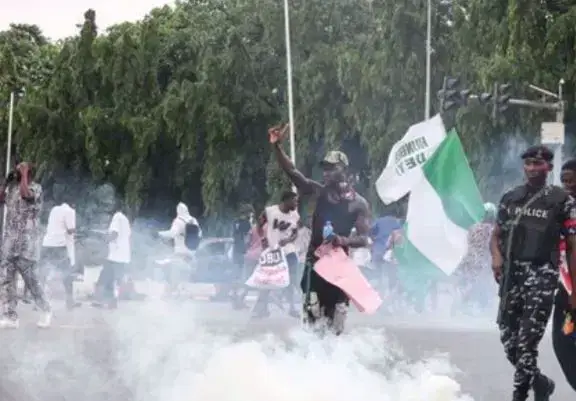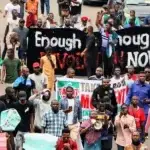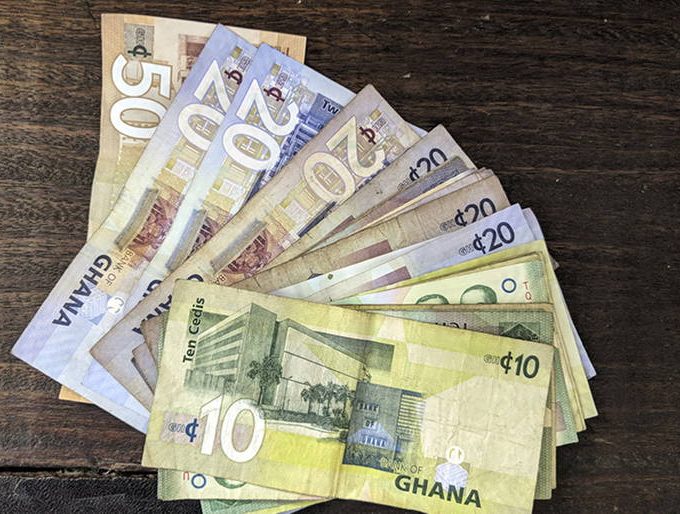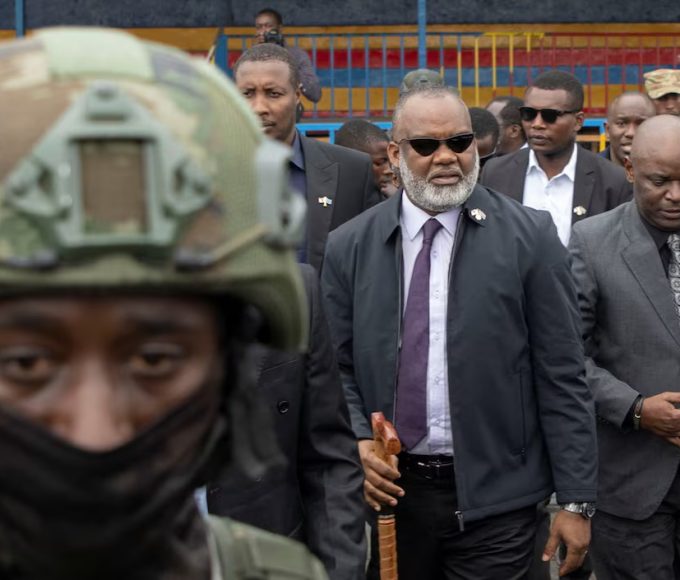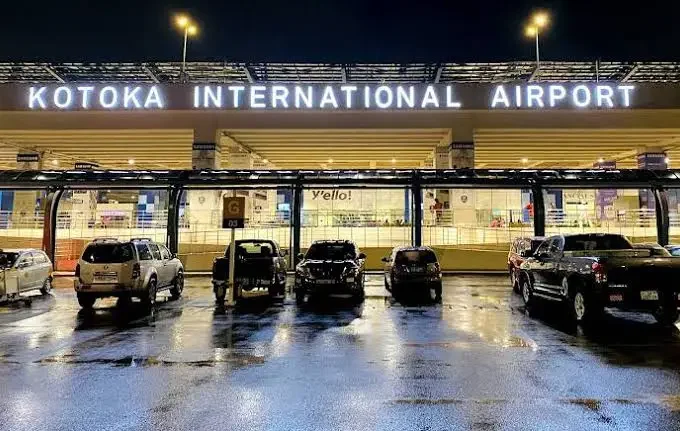
Nigeria’s sovereign bonds are among the worst-performing emerging-market assets, Bloomberg reported on Friday. When dollar bonds fall in value, it indicates a rise in the perceived risk of investing in that country. The reduction in Nigeria’s dollar bond prices suggests that investors are becoming more cautious about the country’s economic and political stability, which could make it more expensive for Nigeria to borrow money in the future.
The nationwide #EndBadGovernance protests trigger the situation, which raises concerns about the government’s economic reform plan.
The country’s risk premium also surged to an eight-month high. It jumped 16 to 640 basis points on Friday, nearing its highest level since November, according to JPMorgan Chase & Co. data. Sovereign-risk premium refers to the additional yield or interest rate that investors demand to hold the country’s government bonds compared to U.S. Treasury bonds, considered the safest investment. A higher risk premium indicates that investors perceive Nigeria as a riskier investment, making it more expensive for the government to borrow money in international markets.
At least 12 people have been killed in Nigeri’s ongoing nationwide protests. Bloomberg reports that some investors fear a repeat of Kenya’s scenario in Nigeria. Citi Group Inc. strategists Alexander Rozhetskin and Luis Costa attributed the decline in Nigeria’s dollar bonds to political instability and a challenging environment for reform in the country. With 40% of the population living in extreme poverty, the government’s brute response to the hunger protests will intensify Nigeria’s economic woes.
Read More:
DSS Reportedly Arrests Katsina Protest Leader Kabir Shehu, Visits Homes Of Abuja Organisers
About The Author
Related Articles
Ghana Records Lowest Inflation in Five Years
Ghana’s inflation has fallen to its lowest level in five years, offering...
ByWest Africa WeeklyFebruary 6, 2026Rebel Group Targets Kisangani Airport in Escalation of Congo Conflict
A rebel coalition in the Democratic Republic of Congo has claimed responsibility...
ByWest Africa WeeklyFebruary 6, 2026Ghana to Rename Kotoka International Airport
Ghana’s government is preparing to rename the country’s main international gateway, Kotoka...
ByWest Africa WeeklyFebruary 4, 2026Russia Congratulates Ibrahim Traoré on Assuming AES Presidency
Russia has congratulated Burkina Faso’s President, Captain Ibrahim Traoré, on his assumption...
ByWest Africa WeeklyFebruary 4, 2026






